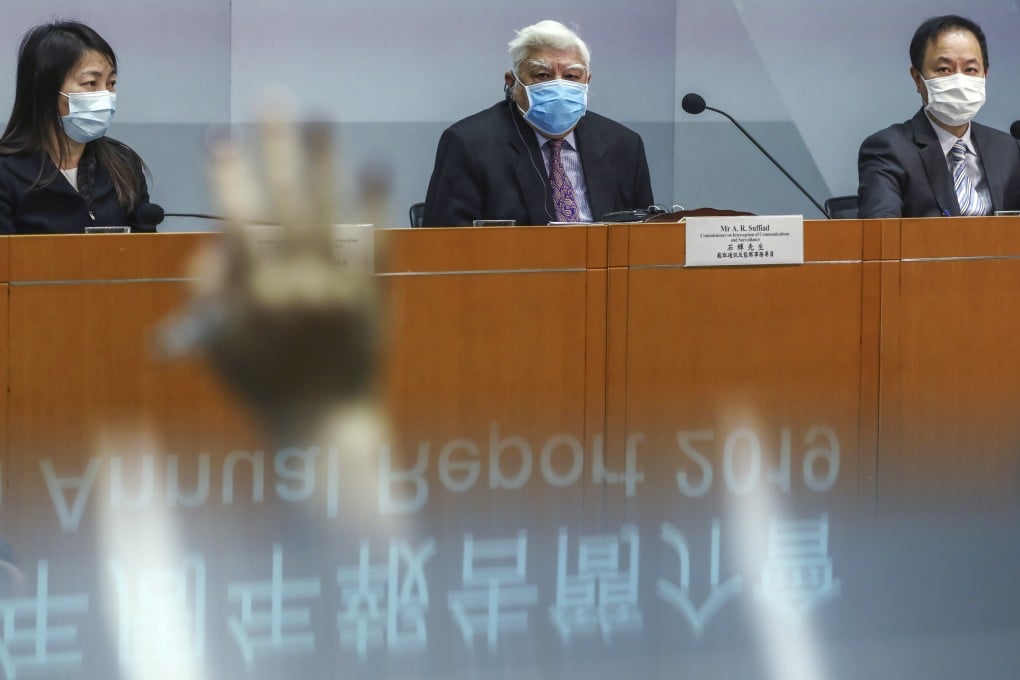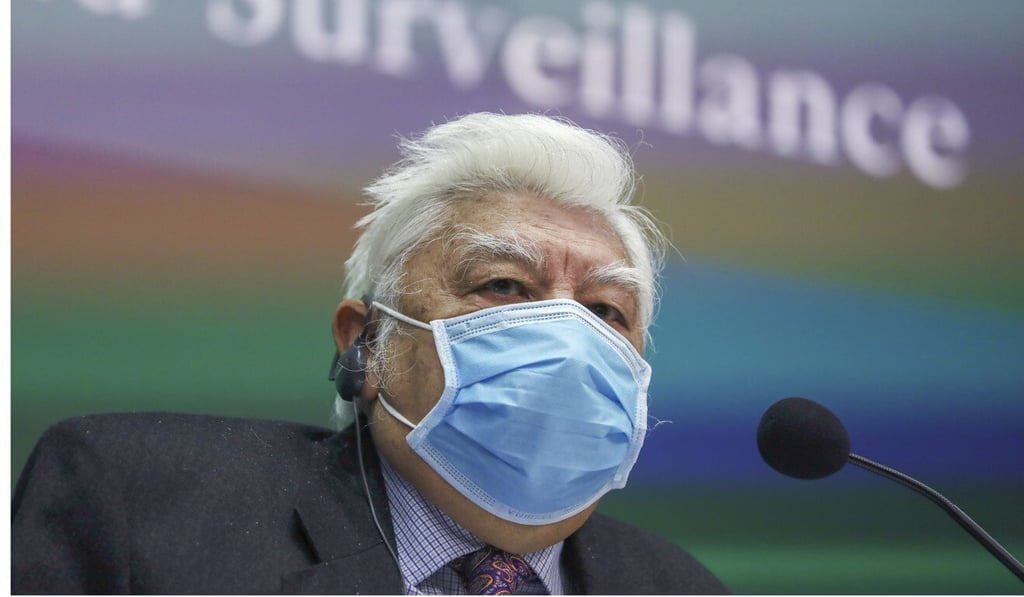Hong Kong surveillance watchdog concedes he has ‘no say’ over snooping in cases related to national security law
- But Azizul Suffiad said he would have ‘no hesitation in sharing what I’ve learned over the years’ if asked for advice
- He also said he found no evidence there was an ‘ulterior motive or deliberate act’ in 15 incidents involving unauthorised surveillance by law enforcers in 2019

Azizul Suffiad, a former High Court judge, also said he found no evidence there was an “ulterior motive or deliberate act” by law enforcers in 15 incidents in 2019 involving unauthorised surveillance.
Under the Interception of Communications and Surveillance Ordinance, enacted in 2006, law enforcement officers must obtain approval from the commissioner before launching such operations.

The ordinance covers officers from four agencies – police, customs, immigration and the Independent Commission Against Corruption.
But under Article 43 of the national security law, which took effect in June, the police’s national security department is only required to obtain approval from the chief executive to intercept communications and conduct surveillance on any suspect.